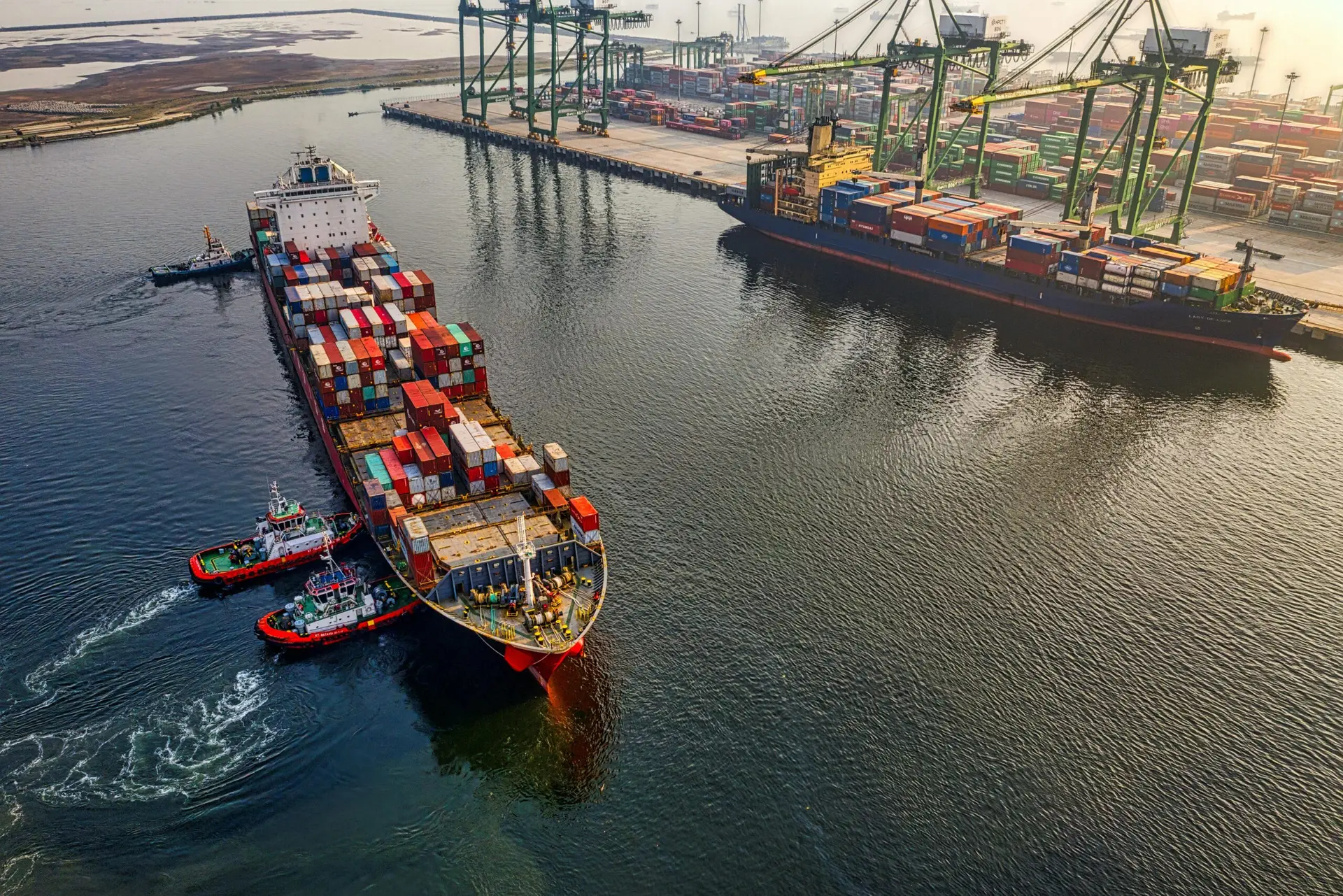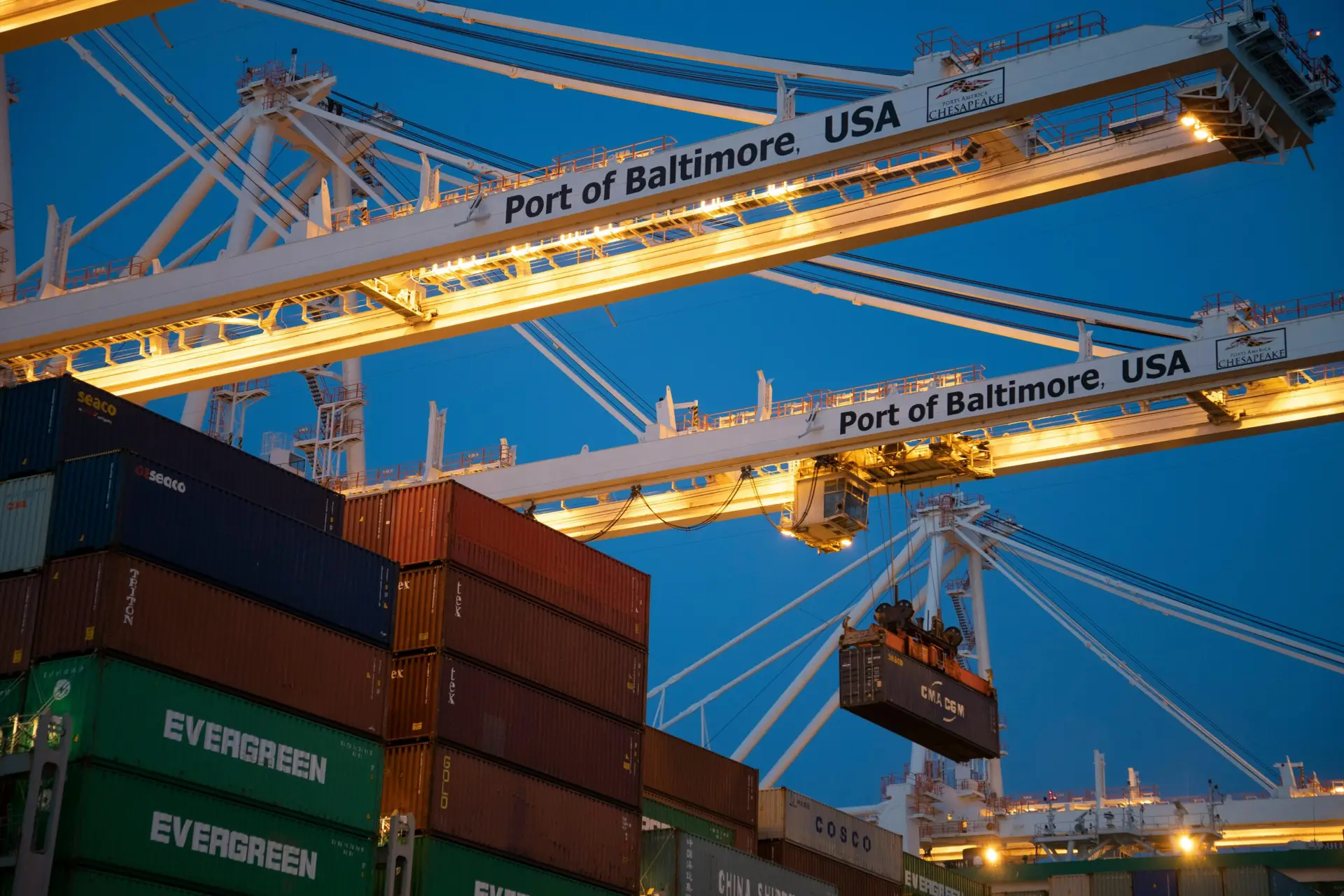Se você atua ou pretende atuar no comércio exterior, entender o que é uma Invoice — também conhecida como Fatura Comercial Internacional — é essencial. Trata-se de um dos documentos mais importantes em uma transação internacional, com função similar à da nota fiscal que utilizamos no mercado interno brasileiro.
In this article, we explain what an Invoice is, its importance, the difference compared to a Proforma Invoice, and all the data that this document needs to contain.
What is an Invoice?
A Invoice, ou Commercial Invoice, é emitida pelo exportador (quem vende) ao importador (quem compra) e serve como comprovante da transação comercial internacional.
Esse documento é obrigatoriamente redigido em inglês, pois será utilizado como base para:
• Making the international payment;
• Processing the customs clearance of the cargo;
• Tracking the goods during transport;
• Serving as a basis for issuing bank documents, such as foreign exchange contracts.
In other words, it is a key piece for the entire import and export process to occur without impediments.
Proforma Invoice: What is it?
Before the final Invoice, the exporter can send the buyer a Proforma Invoice. Although it has a similar visual structure, the Proforma is non-fiscal and serves only as a commercial proposal or preliminary budget.
It is useful for the buyer to evaluate conditions such as prices, deadlines, payment methods, and logistical data before closing the deal. After approval, the official Invoice is issued with the confirmed transaction details.
What Information Must Be Included on the Invoice?
A complete and valid Invoice must contain a specific set of mandatory information. This data ensures the clarity and legality of the operation:
- Invoice Number (unique numbering);
- Complete details of the exporter and importer (name, address, CNPJ/tax identification);
- Detailed description of the products or services sold;
- Date of issue of the document;
- Estimated date of shipment of the goods;
- Place of loading and place of discharge;
- NCM (Mercosur Common Nomenclature) of the product or service;
- Mode of transport (maritime, air, land, multimodal, etc.);
- Unit value of the goods;
- Total value of the transaction;
- Type of currency used in the transaction (USD, EUR, etc.);
- Country of origin of the goods;
- Country of destination;
- Total quantity;
- Gross and net weight;
- Type of packaging;
- Number of packages;
- Mark or identification of the cargo;
- Sales conditions according to Incoterms (ExW, FOB, CIF, etc.).
This information is fundamental to avoid problems during the release of the cargo by the Federal Revenue Service (Receita Federal) or by foreign customs authorities.
Conclusion
The Invoice goes far beyond a simple bill: it is an indispensable legal and logistical instrument in international trade. Paying attention to its correct issuance and completion is essential to ensure the success of import and export operations.
If you are starting out in the international market or seeking to professionalize your operations, mastering the documentation is a mandatory step — and the Invoice is one of the main documents you will deal with.
Avoid mistakes when importing!
Having a specialized import consultancy can save you from many future risks. See what Genco Import & Export can do for you:
- Sourcing your product to find the best value for your product.
- Simulating all costs before you embark on this journey.
- Negotiating values with suppliers, freight forwarders, and customs brokers.
- Unifying all documents. Less headache for you!
- Closing the exchange rate for your process.
- Conducting inspections and issuing complete reports for your follow-up.
And much more!
Count on Genco for the best advisory for your imports.
Contact us and learn more about our services!




